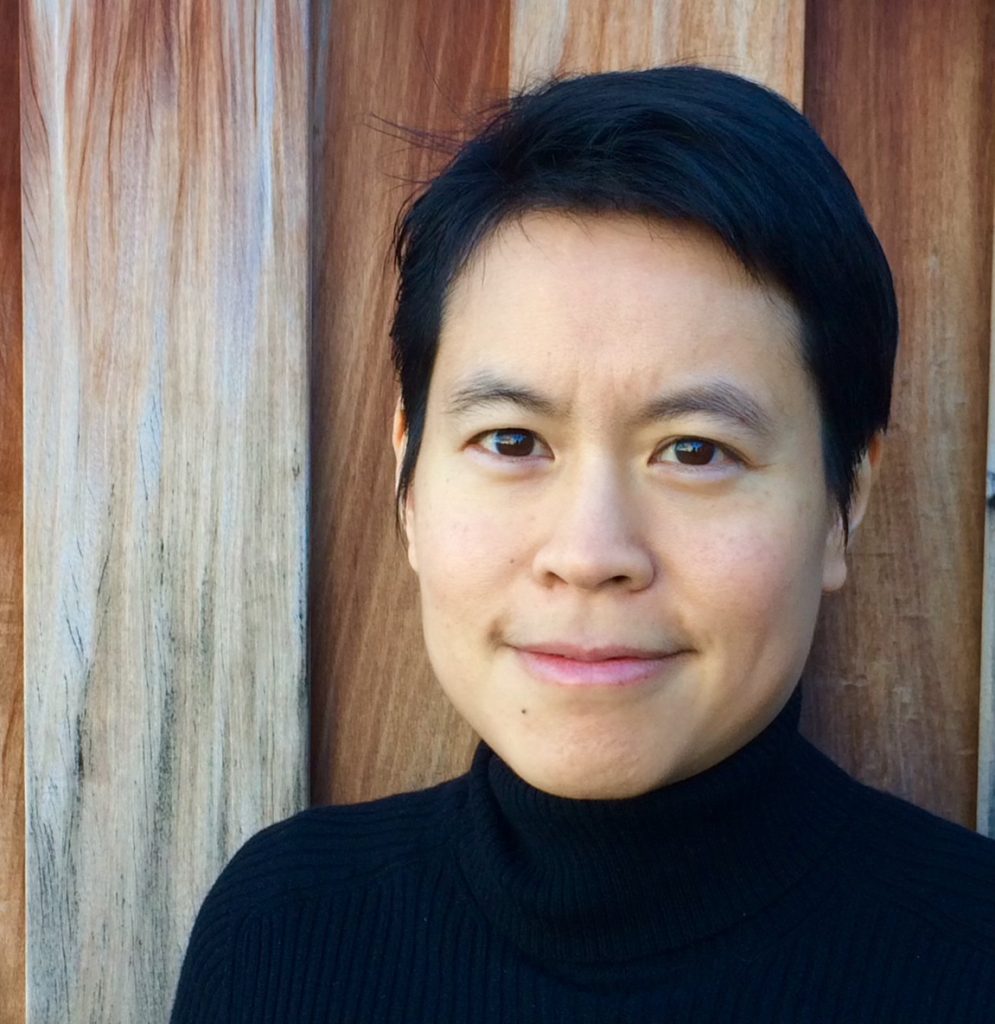The Climate of Silk Road Studies
Talk
The first talk of Climate Congress was by Tamara Chin on 2nd November 2024 at Lahore Museum Auditorium. It explored the history of Silk Road studies and its potential for enriching environmental thought. Due to it’s high relevance to the Lahore Museum as well, the talk was attended by 140 guests which were both from LBF and museum’s contacts. In the talk, Chin argued that the Silk Road serves as a lens to entangle human and natural histories, offering insights into how transport networks, trade, and language reflect humanity’s interaction with the environment.
She began by sharing that in its early stages, Silk Road studies were dominated by geographers like Ferdinand von Richthofen and Sven Hedin, who used maps to visualize trade routes and transport infrastructure. Their work combined human history with natural history, illustrating geological phenomena like shifting rivers and oases. However, these maps also contributed to industrialization and environmental degradation by promoting human dominance over nature.
Tamara also examined how 20th-century historians and philologists, particularly women and scholars from Asia and Africa, reimagined the Silk Road. They decentered Eurocentric narratives, highlighting labor, gender, and interspecies relationships, such as the connection between silkworms, mulberry trees, and silk production. Scholars like Badruddin Cini integrated Islamic, Persian, and Chinese sources to redefine Silk Road connectivity, emphasizing cultural and linguistic exchanges.
In discussing philology, Tamara discussed the role of the Silk Road, where loanwords – especially those related to plants and trade – reveal histories of human and environmental interactions. This approach challenged colonial botanical and linguistic taxonomies by focusing on local and practical language histories. She concluded that the Silk Road’s legacy provides an alternative framework for understanding the interconnectedness of human and natural histories, fostering a more holistic environmental perspective.
Tamara Chin is a specialist in comparative approaches to the ancient world, and has published widely on early China and the Silk Road, including Savage Exchange: Han Imperialism, Chinese Literary Style, and the Economic Imagination (Harvard 2014). She is currently completing a book on the modern study of the connected past that focuses on how different communities and disciplines approach shared antiquity in radically different ways. She teaches Comparative Literature and East Asian Studies at Brown University. She is currently completing a book on the modern study of the connected past that focuses on how different communities and disciplines approach shared antiquity in radically different ways. She teaches Comparative Literature and East Asian Studies at Brown University.
Location: Lahore Museum Auditorium
Date: 2nd November 2024

